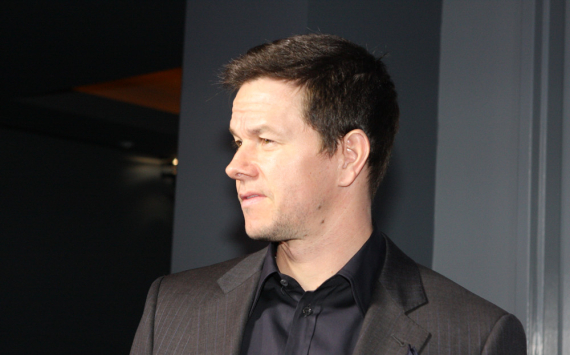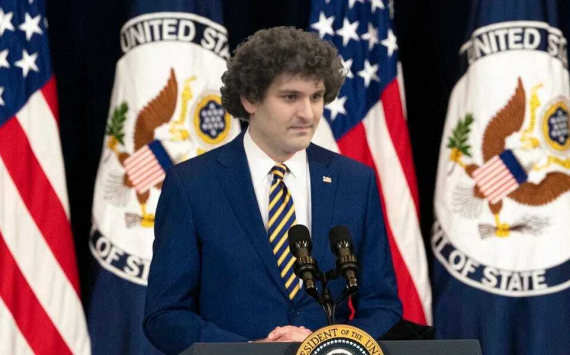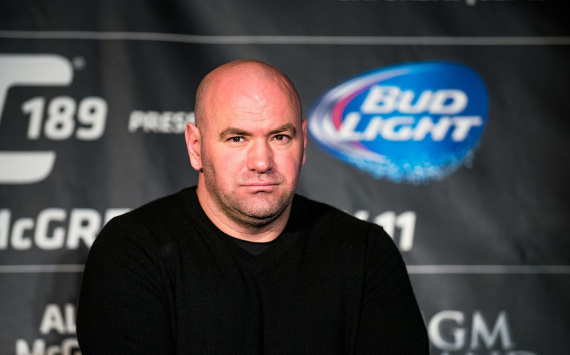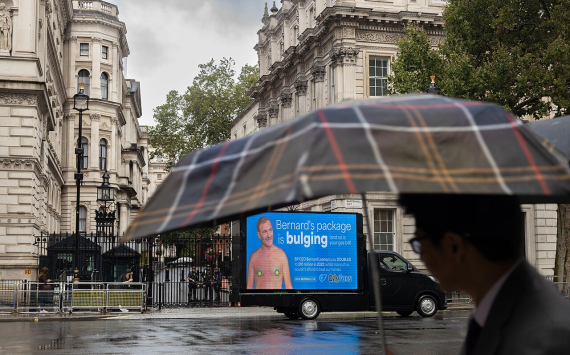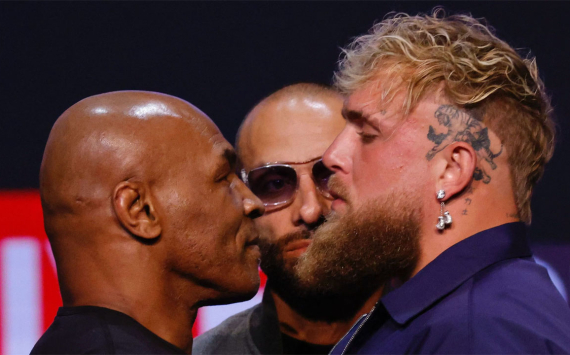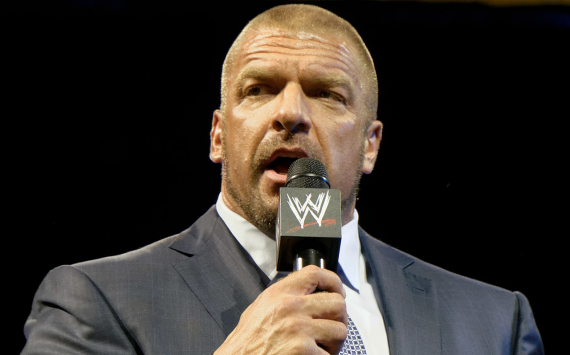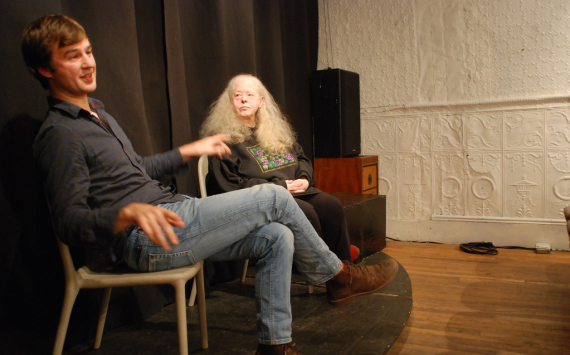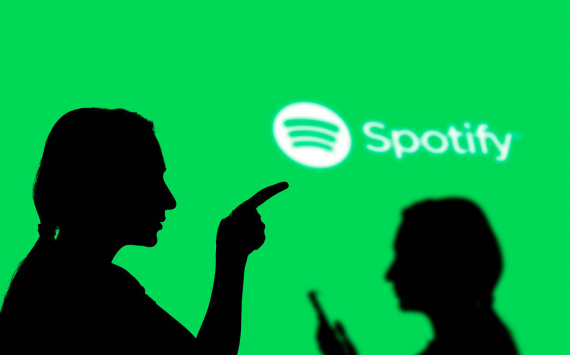
Exclusive Deals and Backlash
Spotify has implemented substantial transformations within its podcasting department, resulting in the streamlining of operations and a renewed focus on empowering podcast creators. As part of this strategic shift, the company successfully merged Parcast and Gimlet Media into Spotify Studios while ensuring the continuation of beloved shows. These changes have led to the reduction of 200 positions, accounting for approximately 2% of the workforce.
Transition and Response to Layoffs
The Writers Guild of America, East expressed disappointment after the recent layoffs and merger of Gimlet and Parcast with Spotify Studios. This major development has brought significant changes to the industry landscape.
The union highlighted Spotify's substantial investment in acquiring these studios, amounting to nearly $300 million. However, they criticized the missteps made by Spotify, including canceling popular shows and imposing exclusivity restrictions, which limited revenue potential for the studios.
Industry Perspective and Rationale
Amanda Lotz and Gabriel Kahn, industry experts, highlight how the oversaturation of podcasts has impacted exclusivity strategies. In response to reduced demand and lower ad spending, the industry has made necessary adjustments, including layoffs.
Background and Past Actions
Spotify's recent moves demonstrate its strategic shift towards prioritizing individual creators over shows like news programs or true-crime series. Renowned figures like Emma Chamberlain, who transformed from a social media influencer to a celebrity, have inked exclusive agreements with Spotify to deliver their podcasts solely on the platform.
However, Spotify's investment in individual creators has not always been smooth, exemplified by the controversy surrounding Joe Rogan, whose exclusive podcast deal with Spotify drew backlash due to his dissemination of misinformation about the coronavirus. This controversy led to the #DeleteSpotify movement and internal dissent among employees.







